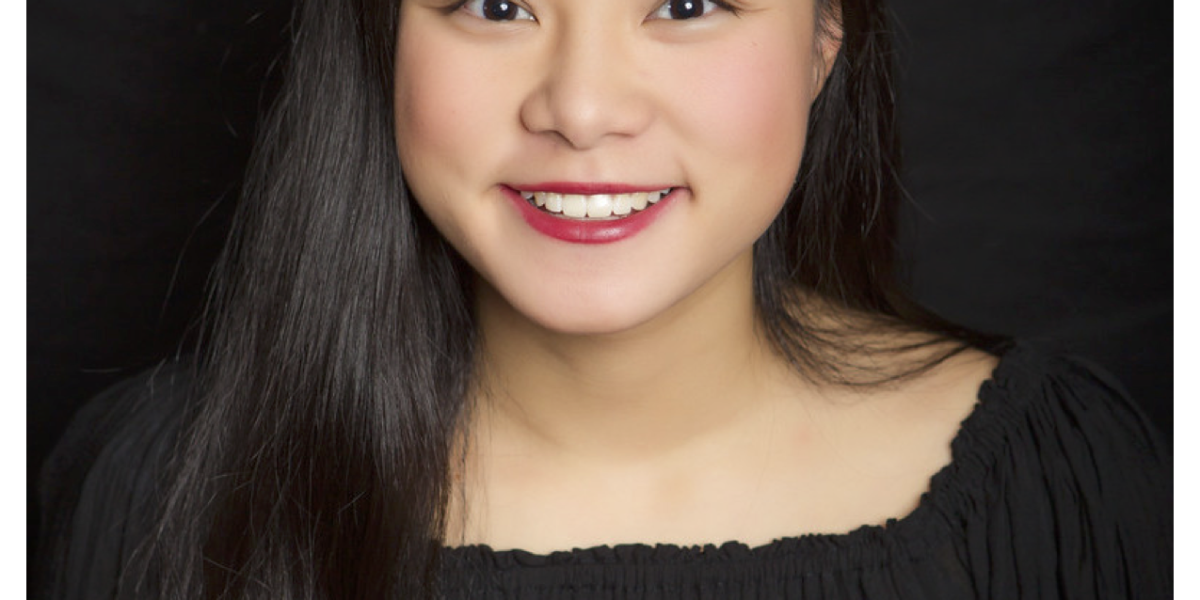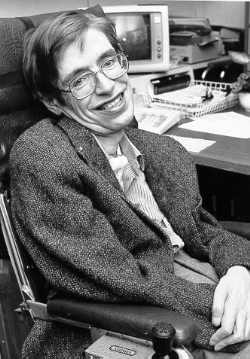We are pleased to announce that Racic Ferndandez is the 2020 HIE Help Center Scholarship winner! Racic is a student at Texas State University, who is working towards a career as a pediatric nurse. In her essay, Racic wrote about how her experience as a dancer sparked her interest in the medical field. She had […]
Cerebral Palsy and Medical Marijuana: What We Know
To date, medical marijuana and the non-intoxicating compound of marijuana, CBD oil, have not been standard treatment options for the symptoms of cerebral palsy (CP) and similar conditions, like hypoxic-ischemic encephalopathy (HIE). A few key studies, however, suggest that they provide benefits in treating some of the symptoms commonly associated with these conditions. These symptoms […]
How Stephen Hawking Normalized Disability and Spoke for Those Who Could Not
Stephen Hawking (01/08/1942 – 03/14/2018) was a brilliant theoretical physicist who revolutionized our understanding of time and space. He also shifted societal perceptions of people with disabilities and used his fame to advocate for disability rights. Hawking and Our Understanding of Disability At the age of 21, Hawking was diagnosed with a rare neurological disease […]
Euro-Peds Foundation Hosts Third Annual First-Step Gala
The Euro-Peds clinic, established in 1999, was the first intensive pediatric physical therapy clinic in the U.S. It was inspired by Michigan parents who had traveled to Poland so their daughter could have intensive therapy – they were so amazed by her improvement that they convinced the North Oakland Medical Centers (NOMC) to open a […]
Window of Time to Provide Hypothermia Therapy May Be Longer Than Previously Thought
The only treatment that can truly prevent or reverse damage from hypoxic-ischemic encephalopathy (HIE) is hypothermia therapy, also known as cooling treatment. Hypothermia therapy is known to save lives, as well as reduce permanent brain damage. Traditionally, it has been thought that hypothermia therapy must be administered within six hours of birth in order to […]



